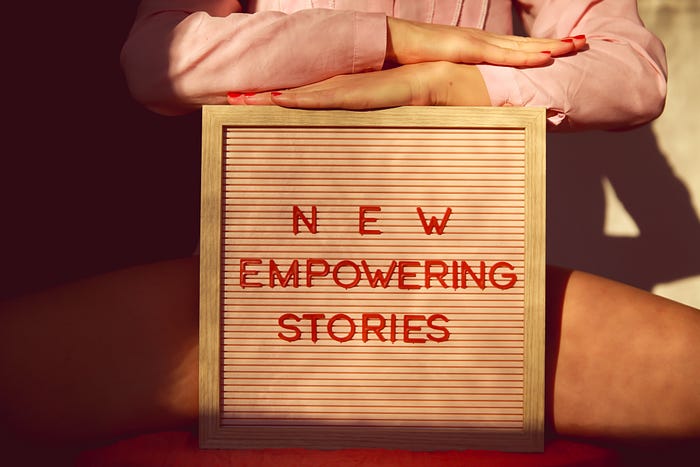How This Online Community Fights Against the Stigma of Mental Illness

If someone on Nonmonetized Together dismisses someone else by calling them mentally ill, I will ask them what mental illness they were referring to and why it is relevant. If they do not have an answer, then that shows that they did not mean “mentally ill.” They meant another adjective, but they used “mentally ill” as a way to give their statement more weight. So in this case, I will ask them what they meant to say when they called the other person mentally ill.
My intent is not to argue with them, attack them, or act offended, and I will make sure they know about that. I also don’t want to act like they should have known already. Instead, my goal is to tell people to express themselves more clearly in the hopes of resolving conflict and having a productive discussion. If people are willing to open up and talk about things, then we can weaken the stigma of mental illness.
I will make it clear that in the Nonmonetized Together dialect, “mental illness” means nothing but “mental illness” and any attempts to make it mean anything else will simply not register. They could keep on using it and be as edgy as they want about it but it just won’t mean a thing, but only on Nonmonetized Together, as its goal is to be a fantasyland free from the social diseases that persist in the rest of society.
So, if I catch you using the term “mental illness” to mean something else, there is no need to run and hide or fight back. I’m not trying to silence others. I will forgive you.
I am just trying to help you communicate more clearly so the discussion goes better. If you run off or fight back, that will raise some questions. So don’t do that.
If not enough readers commit to using language this way, my attempts to neutralize the language of mental illness may not succeed, not even shaping how language is used in this tiny corner of the Internet, but I hope that you use the words “mental illness” in the same way when you’re on Nonmonetized Together, and I will link this article in the comments whenever the topic comes back so more people can understand.
If you don’t use language the way I do when you’re on here, I suppose nothing’s stopping you. I try to avoid censorship on here because this is a place to solve problems, not pretend that they don’t exist. I will still give this a try though. I hope this works.
Do you have any other ideas for how you will fight stigma on Nonmonetized Together? This can be stigma of any sort. Make sure to let everybody know by sharing your ideas in the comment section.
This article is also available at https://medium.com/non-monetized-together/how-this-online-community-fights-against-the-stigma-of-mental-illness-39e1b528821f?source=friends_link&sk=3378f022ee2d95dbedd5670626e360ef.
#MentalHealth #OnlineCommunity #Language #Communication #Stigma
